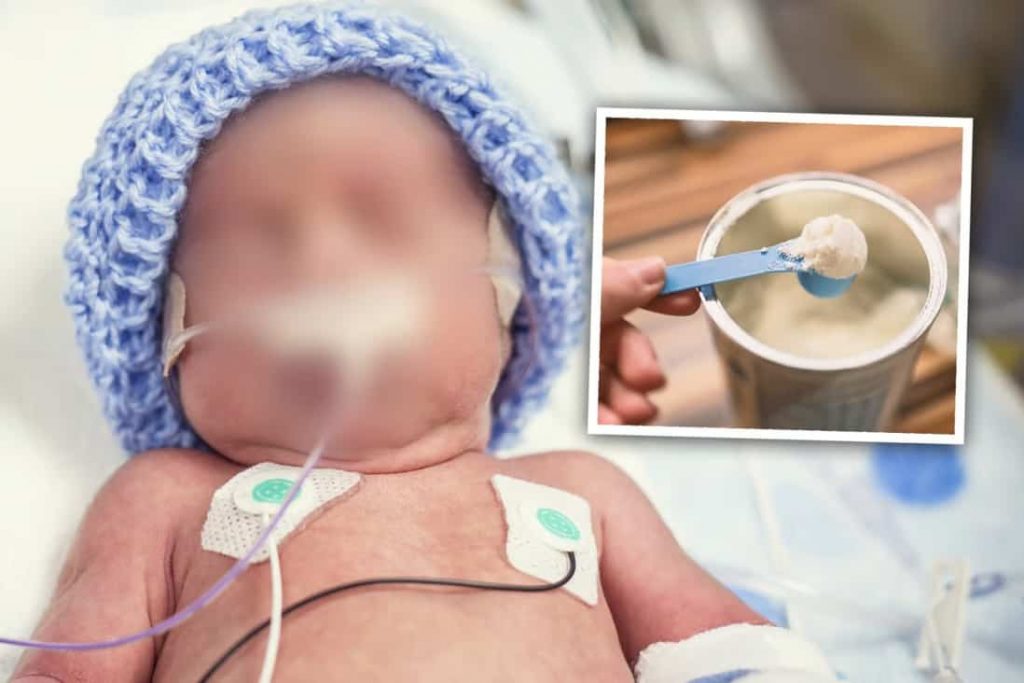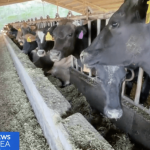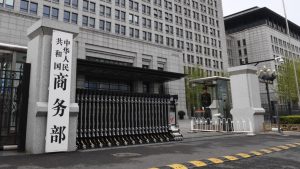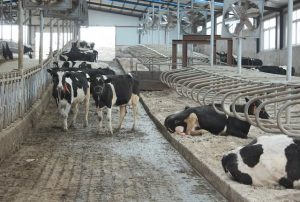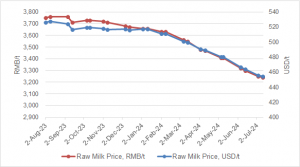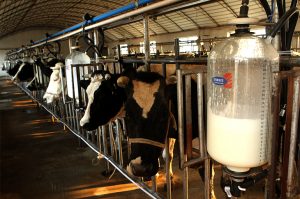
A court in China has ordered a fresh investigation into a hospital and its staff after a 23-day-old baby boy was mistakenly injected with formula milk, causing him serious health and developmental problems.
The ongoing legal case attracted fresh interest on mainland social media this week after a court in eastern China’s Jiangsu province ordered the local health authority to revoke penalties previously imposed on the hospital and staff and conduct a more thorough investigation, the Huashang News reported.
The baby was born prematurely on May 10, 2020, and was placed in an incubator at the Nanjing Children’s Hospital.
On June 1, a nurse, surnamed Yan, mistakenly connected a tube for feeding formula milk through the nose to an intravenous tube attached to a vein on the baby’s scalp.
The report said the mistake was discovered half an hour later by another nurse. By then, around 10ml of formula had been injected into the baby.
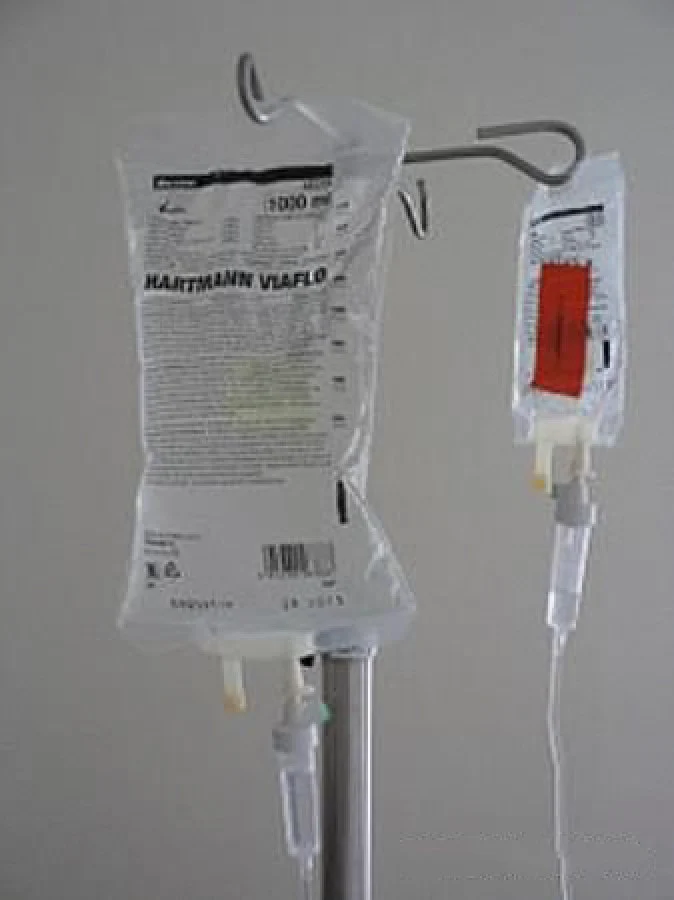
In the immediate aftermath of the incident, the management of the hospital told the baby’s mother, surnamed Liu, that her son needed to be transferred to the neonatal intensive care unit because he was suffering from a serious case of pneumonia.
It was not until four days later that Liu and her husband were told the truth. Hospital chiefs claimed they had kept it from the family to protect Liu who they thought was still weak after giving birth by caesarean section.
Liu said that when she met with senior hospital officials, they told her the only effect on her son was a faster heartbeat.
The officials also claimed the baby had not suffered from an oxygen deficit as a result of the injection of formula.
However, a physical check-up report by the hospital, obtained by Liu, revealed her baby had experienced a serious oxygen shortage the day after the incident and his blood oxygen saturation index was much lower than normal.
The mistake has left the baby with several serious conditions, including infections, blood-clotting function failure, respiratory failure and shock.
Due to the severe oxygen shortage he suffered, the boy has developed far more slowly than other children his age, especially in language and cognition, said Liu.
In January 2021, the Nanjing Health Committee formally warned Yan, the nurse who mixed up the tubes, and fined her 50,000 yuan (US$7,250).
The hospital was fined the same amount and issued with a warning which covered the original error, its failure to inform the parents immediately and for recording incorrect details in the patient record.
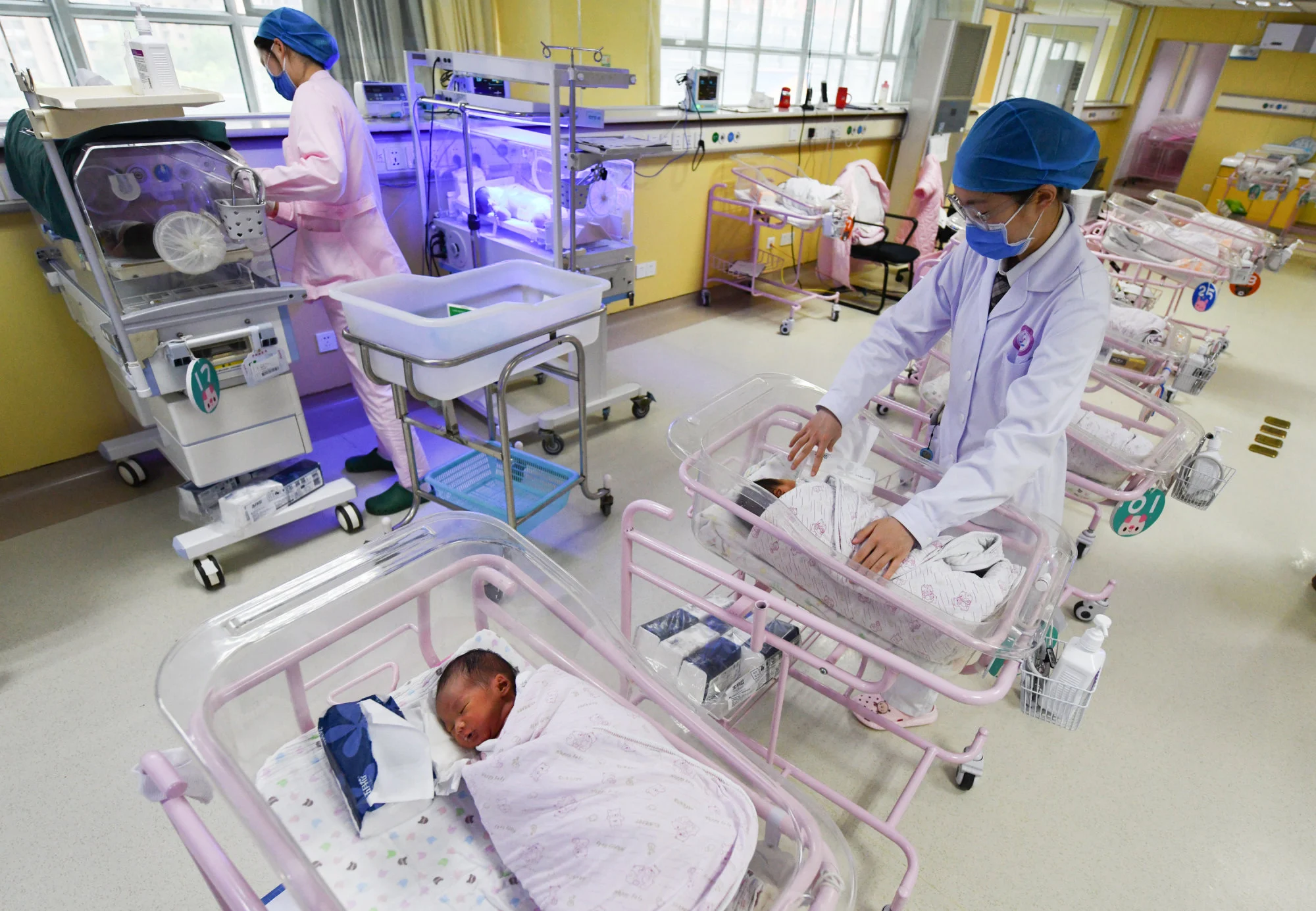
Seven doctors at the hospital also received warnings and were fined amounts ranging from 10,000 to 30,000 yuan.
Unhappy with the outcome of the investigation, believing Yan had got off lightly and that more staff were involved, Liu sued the health authority, in a bid to force a review of the original findings.
“I think this is not simply a nursing error. It is a criminal offence,” Liu said.
In its verdict last month, the Nanjing Intermediate People’s Court found that the punishment set by the Nanjing Health Committee should be overturned.
It ordered the health authority to conduct a new, wider investigation into the accident and subsequent cover-up. The new probe should also seek to determine how many hospital staff were involved.
“Punishing this hospital is not my ultimate goal. We demand they give my child proper medical treatment to help him recover,” said Liu.
